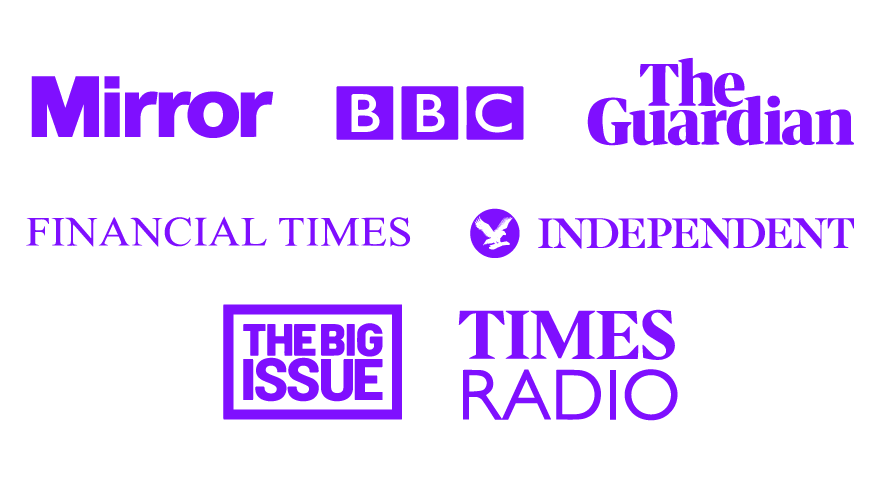In his speech to the (virtual) Conservative Party Conference this week, Boris Johnson argued that COVID-19 should be a trigger for ‘economic and social change’; an opportunity to ‘learn and improve’. He made the inevitable (and perhaps lazy) link with the Second World War:
In the depths of the second world war, when just about everything had gone wrong, the government sketched out a vision of the post-war new Jerusalem that they wanted to build, and that is what we’re doing now, in the teeth of this pandemic.
This echoes earlier and widespread calls that we need to make sure to #buildbackbetter, being careful that the #newnormal is better than what went before. All this is easy rhetoric, and the scale of the challenge cannot be over-estimated, especially given the many fault lines with the government’s immediate response to COVID-19, looking across all the core areas of domestic policy.
But what does underpin the rhetoric is a common recognition that this pandemic is inevitably a catalyst for change. It unravels much of what we previously took for granted about how we live, work and relate to one another, while also highlighting and extending existing forms of inequalities and social injustices. For example, the fragility and inadequacy of our social security system has been laid bare by the pandemic. The rapid rise in claimants (and changing demographic of the claimant population) may well create impetus and demands of change. Similarly, the consequences of years of devaluing care work have been magnified during the pandemic; which has also threatened both formal and informal mechanisms of caregiving and receipt.
While the opportunity to reflect and (hopefully) rethink core aspects of how we live and work – and the role of the state in supporting us through this – is welcome, we need to be really cautious about whose voices, experiences and opinions about what needs to change (and why) are included and excluded from these debates. Thus far, and perhaps unsurprisingly given the make-up and nature of this Conservative Government, there has been little evidence of a willingness to really work with and listen to some of those hardest hit by the pandemic; for example, the bereaved, those shielding, and those negatively impacted by the resultant economic fallout.
As part of participatory research looking at the experiences of low-income families during the pandemic, we have worked directly with parents and carers to document and understand how they navigate the current crisis, seeking their ideas of what needs to change and why. This research has already underlined how often such families feel excluded and crowded out of policy discussions; while their poverty can mean they also feel a strong sense of relational exclusion where they cannot take part in key moments in the national conversation: eating out to help out; a summer vacation after months of lockdown; days out with their children when local restrictions allow it. What the research has also drawn out is the solutions such families identify to the challenges they and those in similar positions to them face: revising and rethinking the conditions of welfare receipt; making sure social security is non-stigmatising; and ending the five-week wait for Universal Credit.
If we are to truly build back better, we need to find new ways of working together, and we need to ensure that there are better mechanisms for listening to and engaging with various forms of expertise. We need to value not just academic, scientific and bureaucratic expertise, but also the expertise that comes from – and can only come from – lived experience.
We also need to be mindful that, while there are lots of important and exciting conversations happening through webinars, and as we find new ways to connect while working from home, these discussions may, by their very nature, marginalise the experiences and voices of those experiencing digital exclusion. There is then a pressing need to think creatively about the format as well as the focus of conversations about the future direction of policymaking, finding creative ways to include a diversity of voices at a time when the demands of social distancing sadly means we can’t meet face to face. There are already inspiring examples to learn from here, such as the ‘creative workshops to build back better’, being facilitated by Church Action on Poverty.
The Conservative Party Conference takes place during the same week as Scotland’s Challenge Poverty Week. This is an annual initiative, which sees a wide range of events held to discuss solutions to the endemic problem of poverty; drawing in a wide range of expertise and experience. Politicians of all parties would be wise to listen carefully to the key messages coming out of this week’s activities; messages of hope, of challenge, and of solidarity. Ending poverty is a core part of any meaningful vision for a post-COVID Britain; and, as the Challenge Poverty Week slogan puts it, ‘together we can’. But it will take a solidaristic and collective effort; and requires a much broader conversation about how we ‘build back better’ than the one currently taking place.
Note: The project on which the above draws has been funded by the Nuffield Foundation, but the views expressed are those of the authors and not necessarily the Foundation.
Photo Credit is Jason Leung on Unsplash






